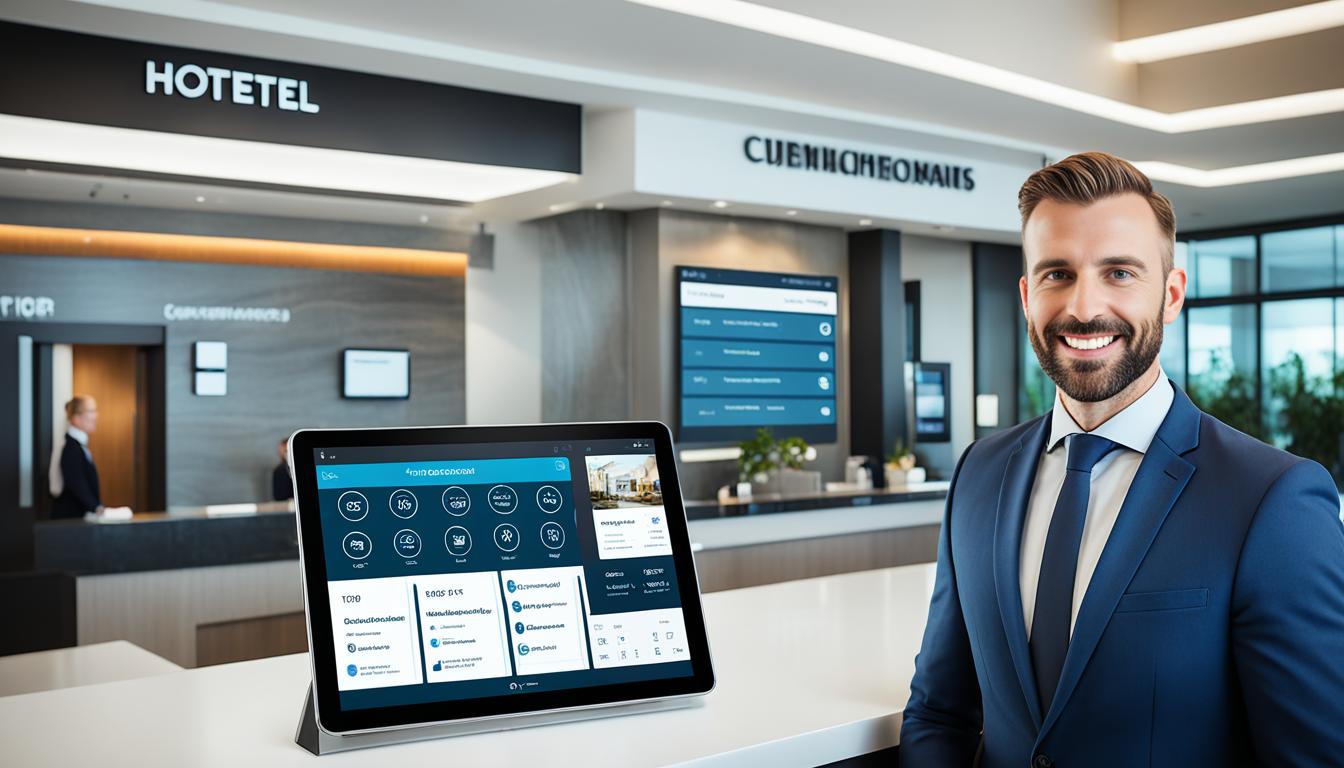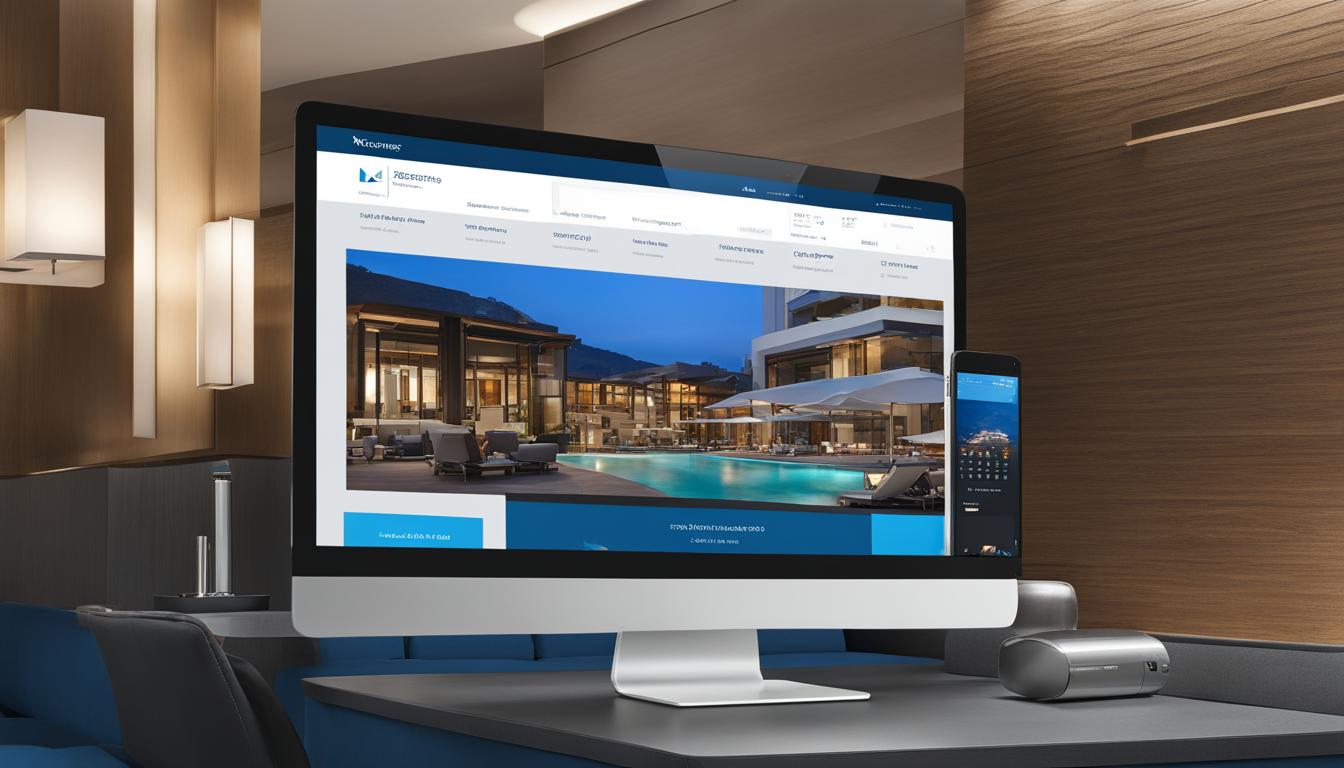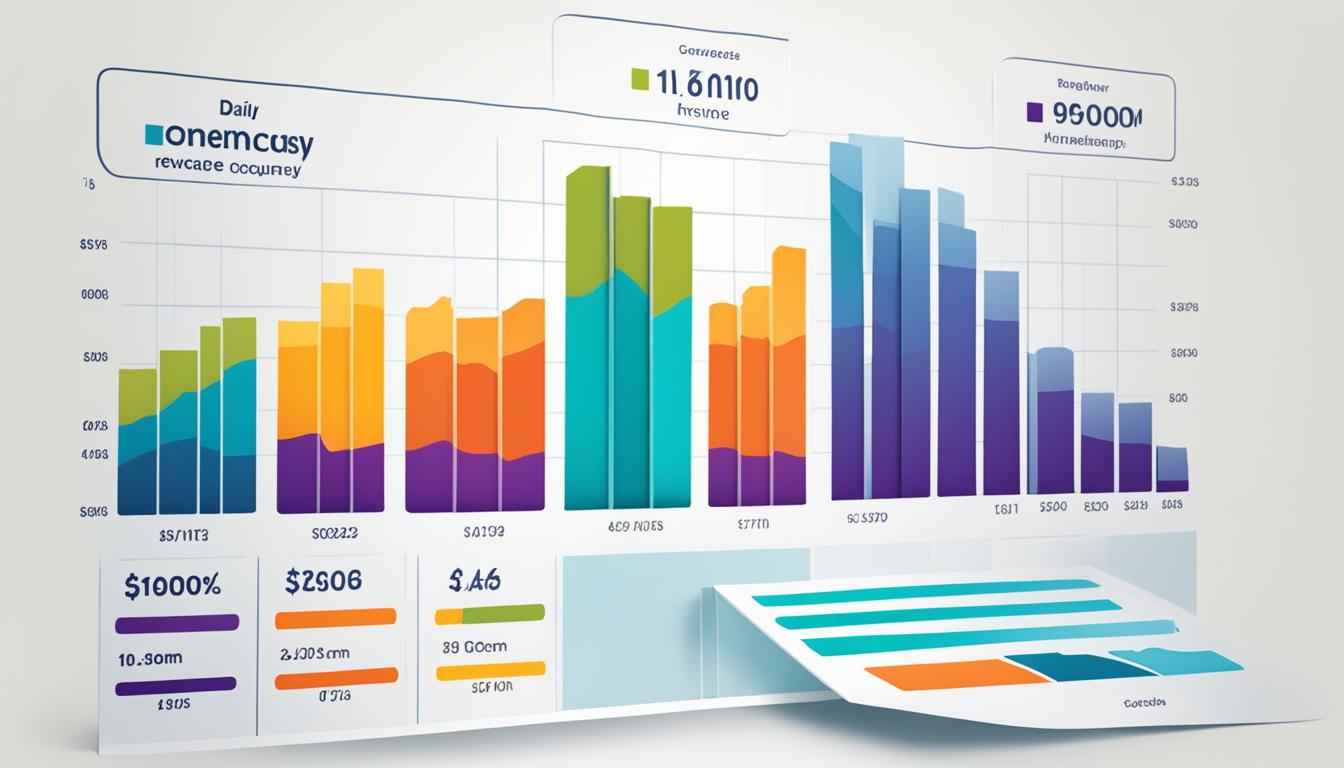In today’s competitive hospitality industry, effective hotel revenue management and reputation management are key drivers of financial success. Hoteliers must understand the significance of these two aspects and how they intertwine to maximize revenue performance.
Hotel revenue management involves the strategic pricing and distribution of hotel rooms to optimize profitability. It requires a deep understanding of market trends, demand forecasting, and dynamic pricing strategies. By implementing effective revenue management practices, hotels can attract more guests, increase occupancy rates, and ultimately boost their revenue.
On the other hand, hotel reputation management focuses on enhancing guest satisfaction, managing online reviews, and maintaining a positive brand image. In the digital era, online reviews have become the go-to resource for travelers when making booking decisions. A single negative review can significantly impact a hotel’s reputation and, consequently, its revenue.
By actively managing and monitoring online reviews, responding to guest feedback, and consistently providing exceptional service, hotels can build a strong reputation. Positive reviews and a favorable brand perception can attract more guests, generate repeat business, and drive revenue growth.
Therefore, the relationship between hotel revenue management and reputation management is undeniable. A hotel with a solid reputation is more likely to attract guests, secure direct bookings, and command higher room rates. Conversely, poor reputation management can lead to revenue loss and a decline in financial performance.
In the following sections, we will delve deeper into the fundamentals of hotel revenue management, explore the power of hotel reputation management, and discuss strategies for achieving financial success through these crucial practices.
Understanding Hotel Revenue Management
Hotel revenue management is a strategic approach that involves optimizing pricing and inventory to maximize hotel profitability. It encompasses a set of principles and practices aimed at increasing revenue streams and achieving financial success for hotels.
Effective hotel revenue management involves analyzing market trends, forecasting demand, and setting the right prices for different segments of the market. By understanding the factors that influence consumer behavior and strategically adjusting pricing and availability, hotels can optimize their revenue potential.
One fundamental objective of hotel revenue management is to achieve the optimal balance between occupancy and rate. This means maximizing both occupancy levels and room rates to achieve the highest possible revenue per available room (RevPAR). It requires continuous monitoring of market conditions, competitor analysis, and data-driven decision making.
Another key principle of hotel revenue management is the utilization of distribution channels to their fullest potential. This includes employing an effective hotel booking engine and a robust hotel channel manager to manage online distribution channels and ensure maximum visibility and availability across various online travel agencies and direct booking channels.
Implementing hotel revenue management strategies can help hotels optimize their revenue by identifying revenue opportunities, maximizing booking potential, and creating a competitive advantage in the market. By effectively managing pricing, inventory, and distribution, hotels can achieve financial success and enhance their overall performance.
Enhancing Revenue with Hotel Management Software
In today’s competitive hospitality industry, effective revenue management is crucial for hotels to maximize profitability. With the right tools and technology, hotels can streamline their operations, optimize pricing strategies, and attract more bookings. This is where hotel management software plays a vital role.
At PlanetHMS, we offer a comprehensive suite of hotel management software solutions to enhance revenue and drive business growth. Our software includes a hotel booking engine, hotel channel manager, and hotel website builder, each designed to meet the unique needs of hoteliers.
Hotel Booking Engine
Our hotel booking engine is a powerful tool that allows hotels to accept direct online bookings through their website. With a user-friendly interface and seamless integration, guests can easily browse room options, check availability, and book their stay directly on the hotel’s website. This eliminates the need for third-party booking platforms and commissions, ultimately increasing direct bookings and revenue.
Hotel Channel Manager
The hotel channel manager is designed to streamline the distribution process, ensuring that hotel inventory is efficiently managed across multiple online travel agencies (OTAs) and global distribution systems (GDS). By automating inventory updates and rate management, hotels can effectively maximize their online presence, reach a wider audience, and increase bookings from various channels.
Hotel Website Builder
Your hotel’s website is a crucial touchpoint for potential guests, influencing their perception of your property and driving bookings. Our hotel website builder allows you to create a stunning, mobile-responsive website that showcases your property’s unique features and amenities. With easy-to-use templates and a drag-and-drop interface, you can enhance your online presence, boost direct bookings, and create a seamless user experience.
By leveraging the power of hotel management software, hotels can streamline their operations, optimize revenue streams, and stay ahead of the competition. To learn more about our hotel management software solutions, contact our team at PlanetHMS today.
The Power of Hotel Reputation Management
In today’s digital age, hotel reputation management plays a crucial role in driving revenue performance. With the increasing influence of online platforms and social media, guests have the power to shape a hotel’s reputation through their reviews and feedback. Positive reviews can attract potential guests and drive bookings, while negative reviews can have a detrimental impact on brand perception and revenue generation.
Online reviews have become a significant factor in guests’ booking decisions. According to a study by BrightLocal, 86% of consumers read reviews for local businesses, including hotels, before making a reservation. A positive online reputation can significantly boost a hotel’s visibility, credibility, and ultimately, its revenue. Conversely, negative reviews can deter potential guests and lead to lost revenue opportunities.
Guest satisfaction is closely tied to a hotel’s reputation and revenue performance. Providing exceptional service and ensuring guest satisfaction can result in positive reviews, recommendations, and repeat bookings. On the other hand, any shortcomings in guest experience can lead to negative feedback and a decline in revenue. By prioritizing guest satisfaction and addressing any issues promptly, hotels can maintain a positive reputation and drive revenue growth.
Brand perception also plays a crucial role in hotel revenue management. A strong and positive brand reputation can differentiate a hotel from its competitors and attract more bookings. Hotels with a reputable brand image often enjoy higher occupancy rates, increased average daily rates (ADR), and improved revenue per available room (RevPAR). Effective hotel reputation management strategies can help build and maintain a strong brand perception, contributing to overall revenue performance.
Implementing effective hotel reputation management strategies is essential for success in the highly competitive hospitality industry. Hotels should actively monitor and respond to guest reviews and feedback, addressing any concerns and demonstrating a commitment to guest satisfaction. Encouraging satisfied guests to leave reviews and sharing positive testimonials on social media can also contribute to enhancing a hotel’s reputation. Additionally, investing in staff training and technology solutions to improve service delivery and guest experience can further strengthen a hotel’s reputation and drive revenue growth.
Conclusion
In conclusion, effective hotel revenue management and reputation management are crucial for achieving financial success in the hospitality industry. By implementing strategies to optimize revenue and maintain a positive reputation, hotels can drive bookings, increase revenue, and enhance their overall profitability.
Hotel revenue management involves analyzing market demand, setting rates, and implementing distribution strategies to maximize revenue from every available room. It requires a deep understanding of market dynamics, pricing strategies, and guest behavior to identify opportunities and make data-driven decisions.
On the other hand, hotel reputation management focuses on monitoring and influencing guests’ perception of the hotel through activities such as responding to online reviews, engaging with guests on social media, and delivering exceptional service. Positive online reviews and a strong overall reputation significantly impact guests’ booking decisions, ultimately driving revenue and attracting new customers.
By combining effective hotel revenue management and reputation management strategies, hotels can unlock their full revenue potential while building a loyal customer base. Continuously monitoring and adapting these strategies in response to changing market conditions and guest preferences is essential for long-term financial success in the competitive hospitality industry.







